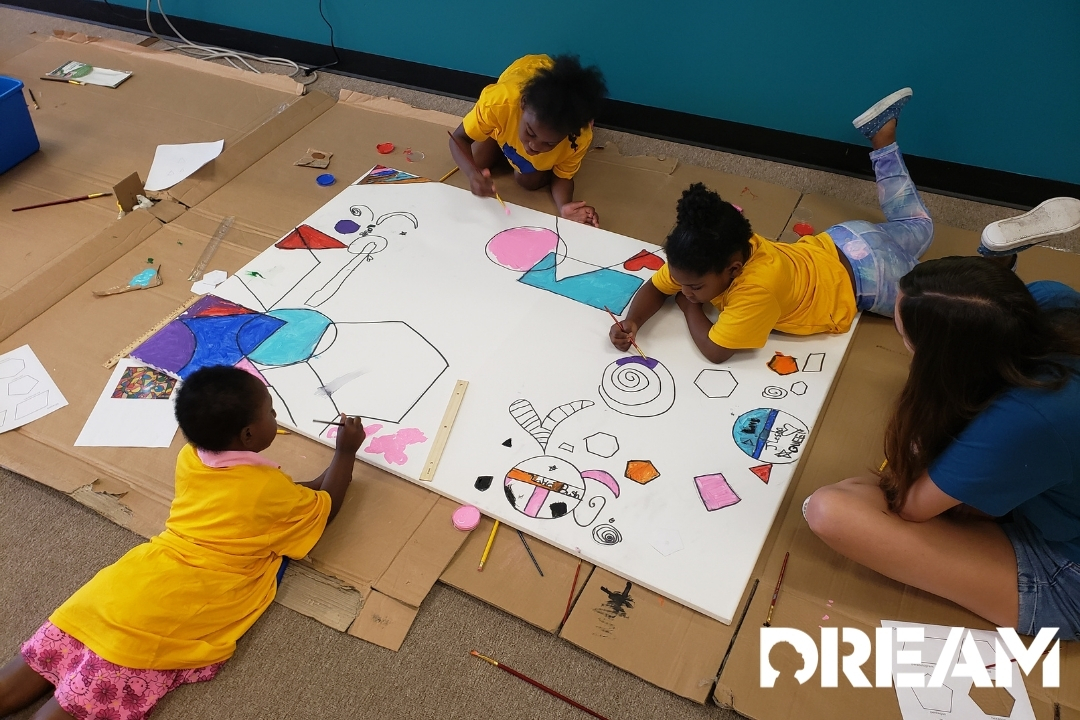Confidence and self-esteem are some qualities of a good mentor. For young individuals, these qualities lay the foundation for personal growth, resilience, and a positive self-image. Let’s explore the importance of nurturing confidence and self-esteem in our youth, and offer actionable strategies to empower them!
The significance of each
Confidence fuels the belief in one's abilities and encourages taking on challenges. Self-esteem, on the other hand, shapes how an individual perceives themselves, influences decision-making, and determines resilience in the face of adversity. When nurtured in youth, these qualities create a strong sense of self-worth, enabling them to pursue their goals with determination and face problems with resilience.
The qualities of a good mentor
Positive role models play a pivotal role in shaping a young person's self-perception. Parents, teachers, mentors, and community members who exemplify confidence, self-acceptance, and a growth mindset provide a template for the youth to follow. By observing these role models, young individuals learn to appreciate their unique qualities and embrace imperfections as part of their journey toward self-improvement.
Fostering a growth mindset
A growth mindset is the belief that abilities and intelligence can be developed through effort and learning. Encouraging youth to approach challenges with a growth mindset shifts their focus from the fear of failure to the excitement of learning and improvement. By acknowledging their efforts and perseverance, rather than solely focusing on outcomes, youth develop a sense of accomplishment that boosts their self-esteem.
Encouraging skill development
Proficiency in various skills, whether academic, artistic, or athletic, contributes to a sense of mastery and accomplishment. Encouraging youth to explore their interests and pursue activities they enjoy helps them develop skills that foster competence and confidence. As they witness their progress, they gain a sense of achievement that bolsters their self-esteem and encourages them to take on new challenges.
Providing constructive feedback
Offering praise for effort, improvement, and specific accomplishments validates a young person's hard work and dedication. Additionally, providing guidance on areas of improvement helps youth understand that growth is a continuous process, and setbacks are opportunities for learning and development.
Cultivating a supportive environment
A nurturing and supportive environment is essential for fostering confidence and self-esteem in youth. Whether at home, school, or within the community, creating spaces where young individuals feel accepted, valued, and encouraged to express themselves promotes a positive self-image. When surrounded by positivity, youth are more likely to develop a strong sense of self-worth.
How DREAM is helping
DREAM contributes to the development of resilient, confident, and empowered individuals through offering after-school programs, mentoring programs and athletic programs. Those who attend low performing schools are able to benefit from and learn necessary life skills through these experiences, as well as have some fun. Contact us today if you’re interested in learning more about or volunteering with DREAM!






